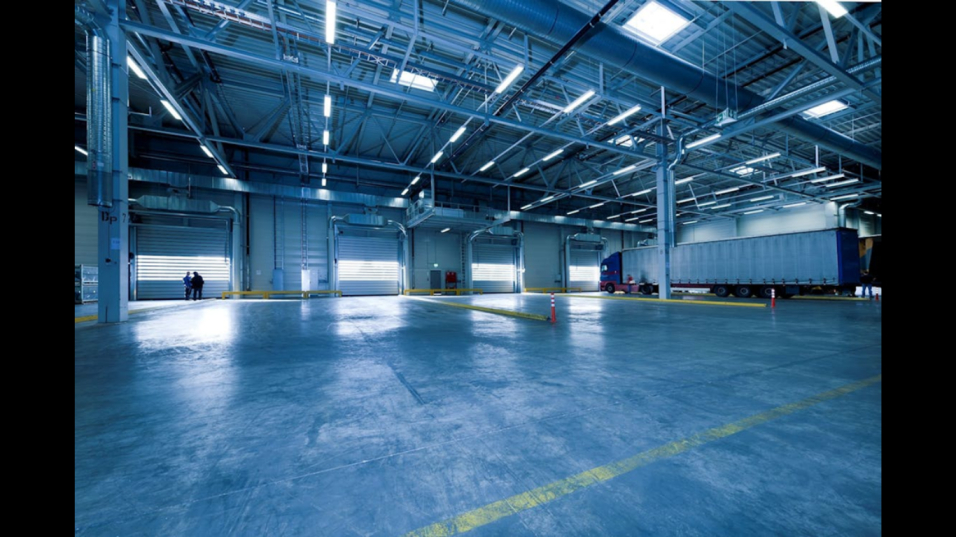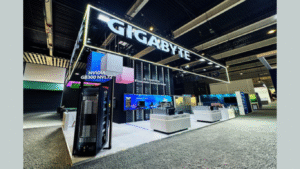The modern business world is dynamic and competitive and therefore, real-time visibility in the delivery processes is critical in ensuring customer satisfaction and efficiency in business operations. The companies with the necessity to rely on the orderliness of shipments have to make sure that every step of the delivery process should be controlled and properly coordinated. The logistics industry has been transformed by cloud-based platforms which offer centralized systems through which businesses can track, analyze and control deliveries anywhere. Communication is simplified, accuracy is enhanced and businesses become able to adapt in the face of unforeseen obstacles very fast due to these platforms.
Tracking the progress of the delivery via cloud based technology is very beneficial to the use of conventional means of tracking. Live updates, data synchronization, automated reporting and other features enable the business to make faster decisions and prevent the costly delays. This new practice enhances the relationship between drivers, dispatchers, and customers making sure that each party in the supply chain is kept in the loop and assured of the delivery process.
Enhancing Real-Time Visibility
Among the best advantages of cloud-based platforms usage, it is possible to obtain real-time data on delivery. Companies can keep track of the positioning of every vehicle, approximate times of arrival, and determine the possible delays in real time. This openness will enable firms to update the customers with the right information.
Improving Communication Across Teams
The cloud-based delivery systems facilitate smooth communication among the various departments that engage in the logistics processes. All stakeholders including dispatchers, warehouse personnel, and drivers can exchange real-time updates thereby minimizing confusion and enhancing response time. This combined communication makes everyone work in the same direction as on goals of delivery and inform about any changes that can be observed during the transportation.
Improved communication also enables the managers to resolve unanticipated challenges efficiently. It can be a vehicle breakdown or a worthy shift on the route, cloud platforms can help to provide instant notifications.
Integrating Delivery Management Software
Incorporating the use of delivery management software into a cloud-based system is an effective blend to achieve effective monitoring. This software will automatically schedule deliveries, track, and report them, and it is only through this that companies can operate more than just a single platform. It offers useful data information like vehicles used, driver performance, and on-time delivery rates among others, which managers can use to make informed decisions.
Scalability is also supported by delivery management software when the businesses expand. Cloud integration also allows businesses to increase their delivery business without having to undergo significant system restructuring. The outcome is a more adaptable and responsive logistics which is capable of adjusting to shifting needs and retains the same quality of service.
Enhancing Efficiency with Route Optimization
Route optimization is one of the key elements of effective delivery management, and the cloud-based systems are essential in route optimization. Through the integration of the route optimization software, the businesses will be able to understand the traffic conditions, fuel consumption and distance to identify the most effective delivery routes.
Tracking Performance and Reporting
Cloud solutions are also able to offer a more detailed reporting tool, which can assist businesses assess the delivery performance. Such measures in these reports include delivery completion time, efficiency of the routes, and driver productivity. The periodic assessment of these findings can help the managers to see the strengths and weaknesses of the logistics process and make improvements where it is needed.
Performance follows up by means of digital reports also facilitates accountability and transparency.
Enhancing Customer Experience
One of the key deliverables of efficient monitoring of deliveries is customer satisfaction. Cloud-based systems enable business enterprises to deliver the correct delivery updates and approximate arrival time to the customers. Such transparency is known to decrease uncertainty and instill trust particularly in industries that require timely delivery.
Conclusion
Cloud-based technologies enable businesses to have more control over the progress of delivery and are more efficient and satisfying to customers. The visibility in real time, the enhanced communication, and integration of delivery management software allow the firms to achieve much precision in running the operations. These systems, together with the use of the route optimization software, makes sure that all the deliveries are made in an efficient and timely manner. Through the adoption of cloud-based technology, businesses will be in a position to be competitive, adaptable, and reliable in a more and more digital logistics environment.
Article received via email































